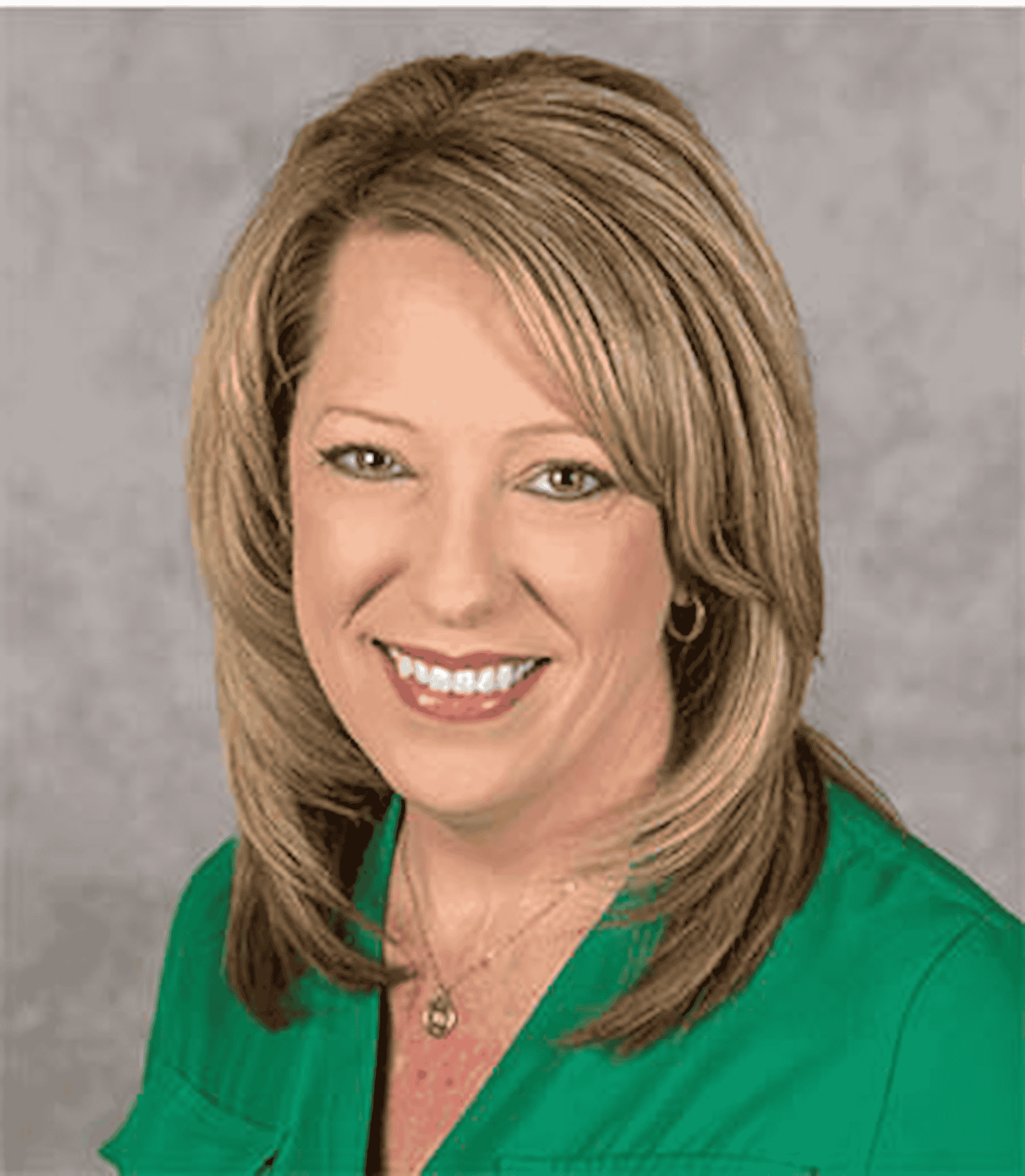Cooperatives work for you on Capitol Hill
 Allison Jenkins
Allison Jenkins EDITOR TODAY’S FARMER MAGAZINE
In this election year, it seems impossible to escape politics. From ads cluttering your mailbox and TV screen to unsolicited phone calls and unrelenting news stories, the ballot box battle among candidates at state, local and national levels is ever present.
While MFA Incorporated itself is not a political organization, agricultural policy and regulations are certainly important to our cooperative and our members. That’s why MFA is an active member of the National Council of Farmer Cooperatives (NCFC), which helps members advocate for legislation that benefits the co-ops and their producers. Each year, NCFC hosts cooperative delegations and organizes a legislative conference in Washington, D.C. Members of MFA’s board and executive team typically attend these events or make a separate visit to Capitol Hill to meet with elected officials who serve MFA territory. With a change in control of the House and a farm bill underway, this year’s visits allowed co-op leaders to meet with key policy-makers at a critical juncture.
“In simplest terms, if Section 199A expires, both cooperatives and the producers they serve will see a tax increase.”
One of the bigger issues for NCFC is the extension of important tax provisions like Section 199A(g) of the federal code, commonly referred to as the Domestic Production Activities Deduction (DPAD). This benefit was designed for companies that manufacture, mine or produce products in the United States. Farmer co-ops are taxed differently than other types of companies, so Section 199A puts them on more even footing with big corporations and help U.S. farmers compete against heavily subsidized foreign producers. On average, co-ops share 95% of the deduction with their farmer-owners, who reinvest it in their operations. Among NCFC members alone, $2 billion was returned to farmers in 2022. As a grain-marketing cooperative, MFA can use the deduction on our income taxes or pass it to members who sell grain to MFA.
This cooperative benefit is slated to sunset in 2025, and MFA is collaborating with NCFC to show lawmakers its positive impact. In simplest terms, if Section 199A expires, both cooperatives and the producers they serve will see a tax increase. NCFC has taken the approach of using real stories from farmers and co-op leaders to illustrate how the deduction has helped agriculture. As one of the largest beneficiaries of the Section 199A deduction in Missouri, MFA contributed to this effort with a testimonial from Centralia Agri Services member Randy Ridgway, who said:
“The tax benefit we get from DPAD allows us to put money back in the operation that we wouldn’t have otherwise. We’ve been able to get newer, more advanced planters that do a better job with no-till and cover-crop fields and have variable-rate capabilities. With the amount of grain we handle through MFA, DPAD adds up to some big tax savings. It’s definitely an advantage for our operation.”
There is bipartisan support in Congress to extend Section 199A beyond 2025, and bills to make the deduction permanent have been introduced in both the House and Senate. MFA believes that’s the right move and encourages our members to express support for this legislation with your elected officials, too.
* * *
Click here to view this article as published in print via a flipbook.
Click here to view more articles from the October issue of Today's Farmer magazine.